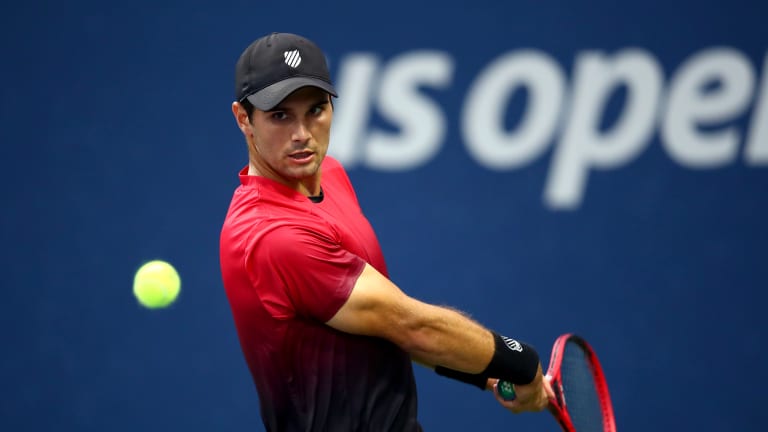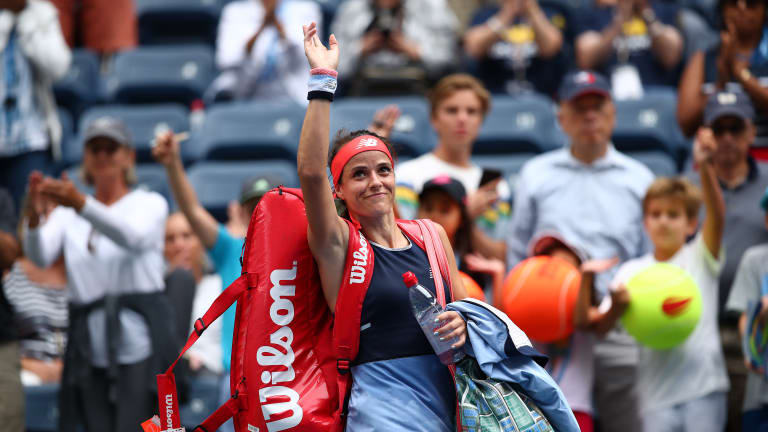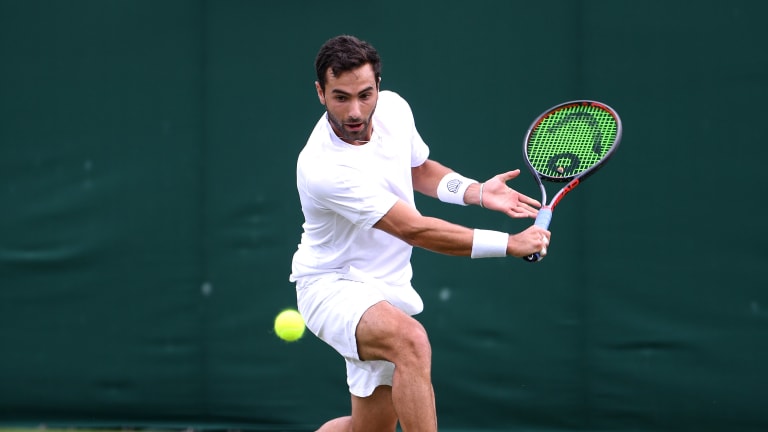Give it the old college try—or not: ATP, WTA tours speak out
By Sep 14, 2019Social
Cool Rider: Hubert Hurkacz pulls up to art gallery in Triple Crown Wrap McLaren GT
By Aug 27, 2023Social
Super Bowl Social: Billie Jean King cameos in flag football ad, tennis stars Gauff, Osaka stan Rihanna
By Feb 13, 2023The Business of Tennis
Kim Clijsters joins Tom Brady as co-owners for Major League Pickleball team
By Oct 13, 2022News
Noah Rubin announces indefinite break from tennis
By Sep 19, 2022Tennis Honors: Roger Federer
#RForever: ATP, WTA stars salute retiring Roger Federer on social media
By Sep 15, 2022Rubin announces Behind the Racquet Tour
Oct 20, 2020Americans poised to take over Roland Garros qualifying
By Sep 21, 2020Can tennis help destigmatize discussions of mental health in sports?
By Jun 16, 2020Noah Rubin lights up Djokovic on his podcast
By Jun 15, 2020Give it the old college try—or not: ATP, WTA tours speak out
Former NCAA standouts Giron, Gibbs and Rubin weigh in, detail the school experience.
Published Sep 14, 2019
Advertising

Give it the old college try—or not: ATP, WTA tours speak out
© Getty Images
Advertising

Give it the old college try—or not: ATP, WTA tours speak out
© Getty Images
Advertising

Give it the old college try—or not: ATP, WTA tours speak out
© Getty Images
Advertising

Give it the old college try—or not: ATP, WTA tours speak out